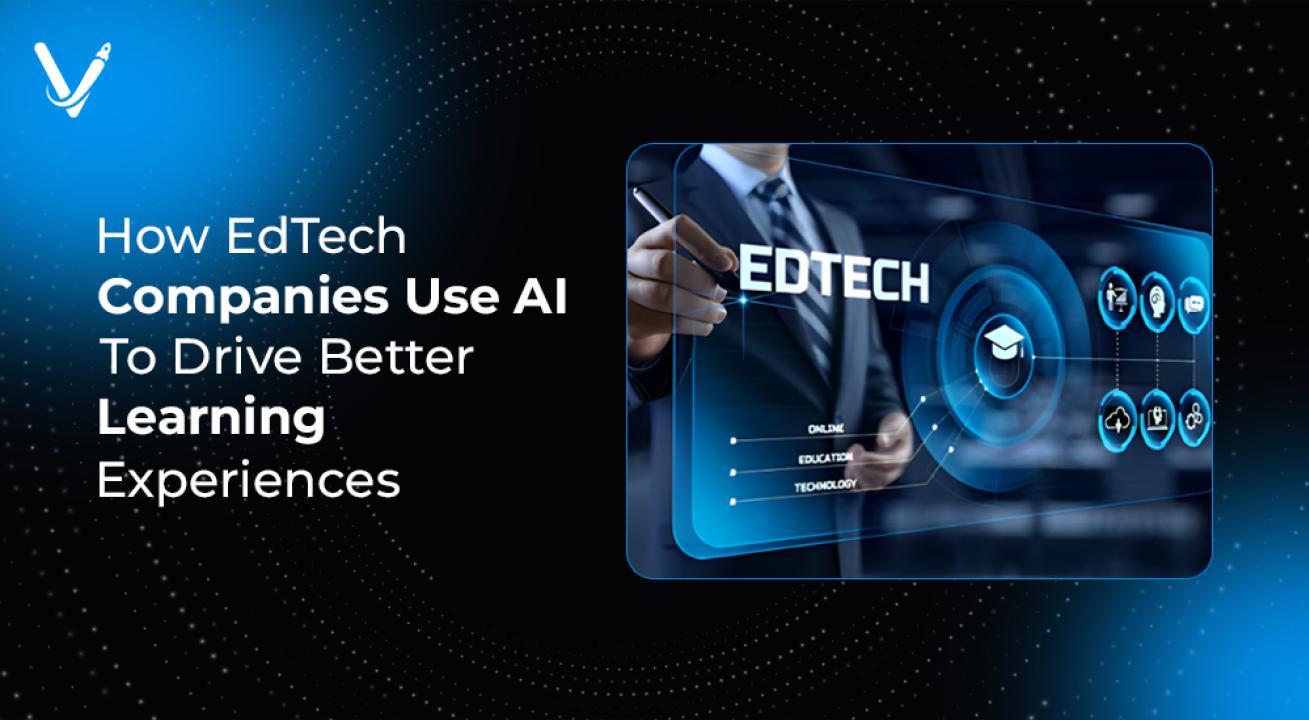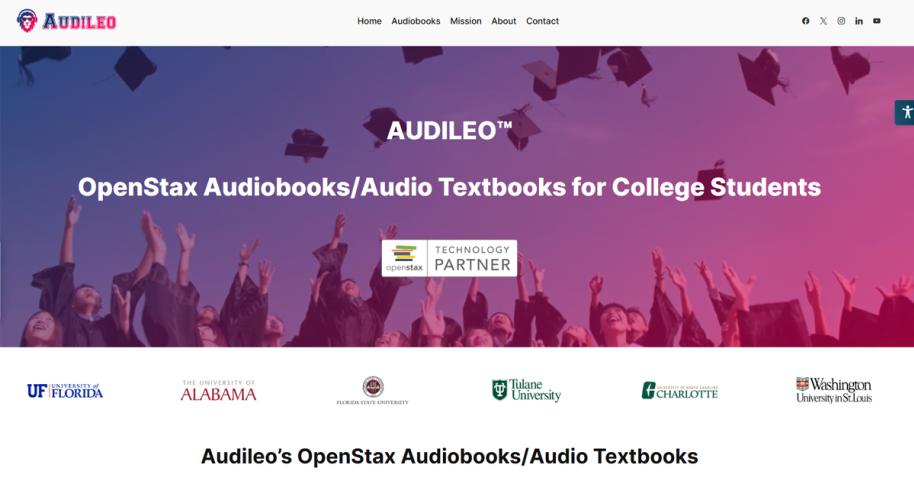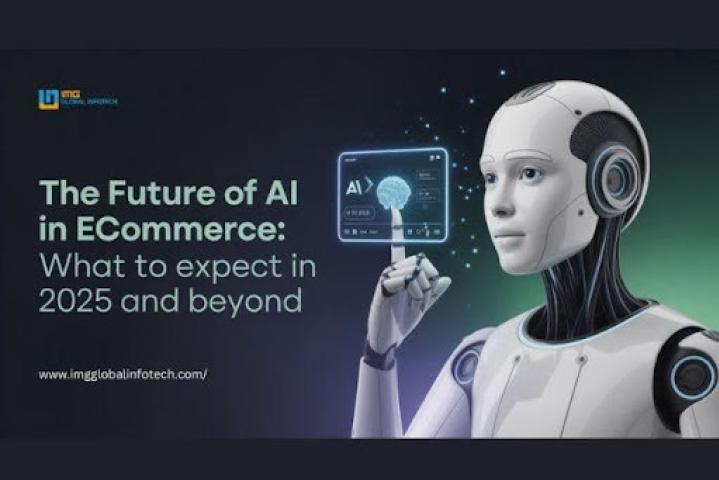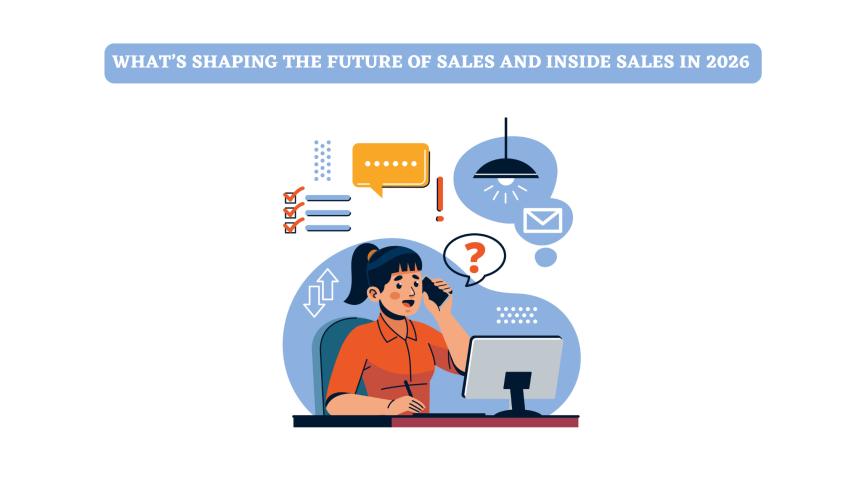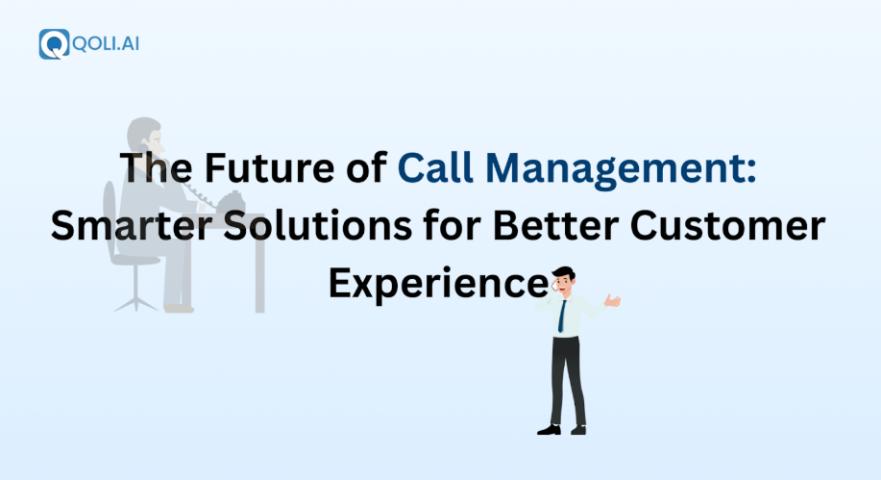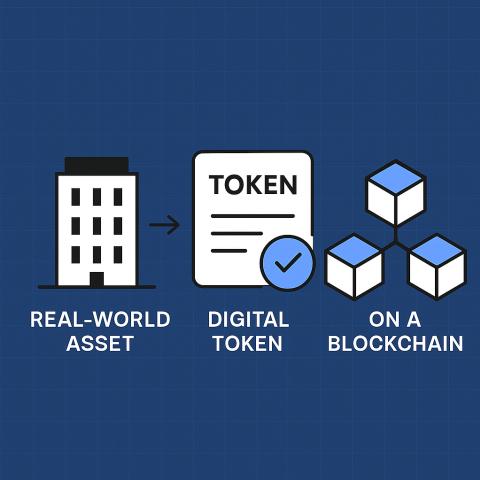Education is no longer confined to the four walls of a classroom. Technology has cracked open new pathways to learn, grow, and succeed — and the biggest catalyst in this revolution is Generative AI in Education.
Across the globe, EdTech companies are redefining how students interact with knowledge. They’re building ai applications in education that personalize learning, predict performance, automate content generation, and make education inclusive like never before.
But how exactly is AI shaping education as an industry? What are the real-world examples? How does it help both teachers and learners? Let’s dive deep into the new frontier of learning.
Why AI Is Critical for the Future of Education
As we set the stage, it’s important to understand why the integration of AI in education isn't just a passing trend — it's a fundamental shift in how learning is designed, delivered, and experienced.
Changing Student Expectations
Today’s learners, from kindergarten to corporate professionals, expect more than just textbooks and lectures. They seek:
- Instant feedback on their work
- Personalized learning pathways that adapt to their pace
- Immersive experiences through VR, AR, and simulations
- Availability across devices — mobile, tablet, laptop
Traditional education models, with their standardized pace and curricula, struggle to meet these expectations.
AI offers the perfect solution: personalized, adaptive, scalable learning experiences that feel natural to digital natives.
The Exponential Growth of EdTech and AI
The numbers don't lie:
- The global EdTech market is projected to surpass $404 billion by 2025.
- Over 47% of EdTech startups are integrating AI to improve learning outcomes (HolonIQ, 2024).
The investment and innovation landscape signals one clear truth: EdTech powered by AI is the future.
Challenges EdTech Companies Face with AI (And How to Overcome Them)
While the promise is bright, adopting AI in education also presents its unique set of challenges.
Being aware of these issues — and preparing for them — is essential.
Data Privacy and Security
With student data being collected and analyzed, privacy becomes a primary concern.
Solution:
Implement GDPR-compliant practices, encrypt data flows, and transparently communicate data usage to all users.
Algorithmic Bias
AI systems can inadvertently perpetuate biases if trained on skewed data.
Solution:
Audit algorithms regularly. Diversify data sets. Include ethics reviews as part of your development pipeline.
High Costs of AI Implementation
Building and maintaining AI systems can strain resources.
Solution:
Start with modular AI components (e.g., a chatbot or recommendation engine) before expanding into full personalization engines.
Partner with a cost-efficient yet expert AI development company.
Resistance to Change
Educators and administrators may resist AI-driven systems due to fear of obsolescence.
Solution:
Offer extensive training, highlight how AI empowers rather than replaces teachers, and promote success stories internally.
The Future of Generative AI in Education
The horizon looks exciting. Let’s peek into what's coming next.
Microlearning Powered by AI
AI will curate bite-sized learning experiences that align perfectly with a student's daily routines and attention spans.
Emotion-Aware Learning Systems
Future systems will detect boredom, frustration, or confusion in students through facial expressions and tone, dynamically adapting lesson delivery.
Career Path AI Advisors
AI systems will guide students in course selections based on predictive analytics tied to future job market trends.
VR + AI Blended Learning
Imagine learning about ancient Rome by "walking" through AI-simulated forums in VR, interacting with AI-driven avatars — this is the future of experiential education.
Read More: https://vasundhara.io/blogs/how-edtech-companies-use-ai-to-drive-better-learning-experiences
